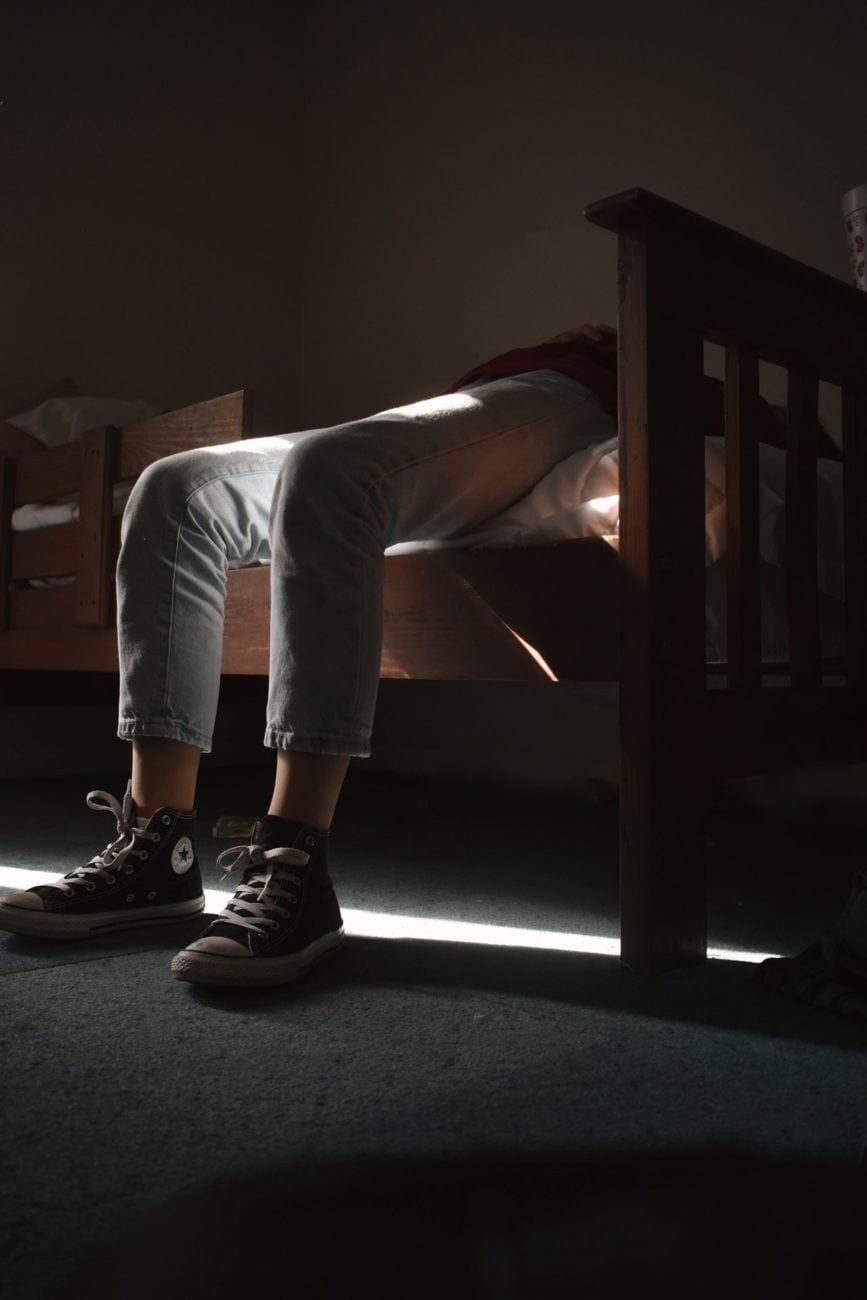
ACES: The Challenge
You’ve probably heard medical experts talk about the impact of the pandemic on children, how it could affect their future health, and referring to Adverse Childhood Experiences, or ACEs.
ACEs are potentially traumatic events that occur during childhood (0-17 years). Those events are specific types of childhood trauma that can have long-term consequences throughout a lifetime: emotionally, psychologically, and biologically.
An ACE score is measured by a simple questionnaire that tallies ten different types of childhood abuse, neglect, or trauma. Each experience is counted as one:
- Five are personal experiences involving abuse or neglect: The child experiences physical, verbal, and/or sexual abuse, physical and/or emotional neglect.
- Five others are experienced through household dysfunction as it relates to family members. The child may witness any or all of the following: a parent or caregiver with substance use disorder, a mother or sibling subjected to domestic violence, a family member in jail, a family member diagnosed with a mental illness, and/or the disappearance of a parent through divorce, death or abandonment.
In 2016, 34 million children age 0–17 — that’s nearly half of all US children — had at least one of nine ACEs, and more than 20 percent had two or more. The higher the score, the higher the risk for later health problems. Children who have experienced one or more ACEs have an increased risk for depression or other mental health challenges, substance use disorder, death by suicide, cancer, heart disease, or other health conditions.
Some communities, like Philadelphia, developed expanded versions of the ACEs survey to address issues specific issues in their area. Philadelphia’s Expanded ACE questionnaire measures problems experienced in the community. witnessing violence, experiencing discrimination, food insecurity, experiencing racism, living in an unsafe neighborhood, being bullied, or living in foster care.

Put Lessons Into Action
So how do you parent or care for a child who has experienced ACEs? You’ve probably heard the pre-flight safety instructions: put on your own mask before helping others. It’s the same process when supporting a child with ACES.
- Foster a healthy relationship with your child.
- Learn about the concept of resilience so you can both demonstrate and teach them resiliency skills.
- Commit to positive parenting skills.
- Build a strong support system of other caring adults.
- Have healthy social connections, and teach your child how to make healthy connections as well.
- Help your child to identify and express complicated feelings or worries. Keep the door open to talk when they are ready.
- Look for the good, and also show your child how to seek positive feelings and experiences.
- If you don’t know where to get started, most communities provide Parent Education Programs through your county or city health services, and through the local public school program.
There’s also a growing movement to also measure positive childhood experiences. A 2019 study found that supportive family interactions, caring relationships with friends, and community connections can reduce the chances of adult depression and poor mental health, and increases the chances of having healthy relationships in adulthood.
Adversity or trauma does not have to define your child or young adult’s destiny, or even yours. By learning what we can do to help build resilience and feel secure, we are better equipped to help them heal.
Learn More About ACES:
Spokane Regional Health District: 1-2-3 Care – A Trauma Informed Toolkit for Caregivers
ACES Too High: Got Your ACE Score?
PACES Connection (Positive & Adverse Childhood Experiences, formerly ACES Connection).
PACES Connection: Parent Handout – ACES Toxic Stress and Reslience
CDC (Center for Disease Control) Vital Signs: Learn how you can help prevent adverse childhood experiences



